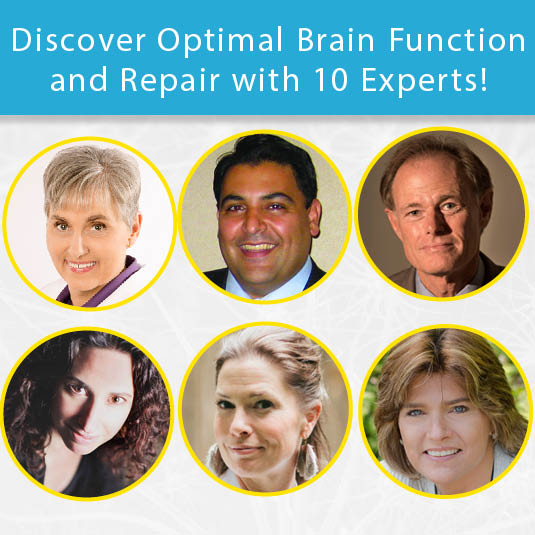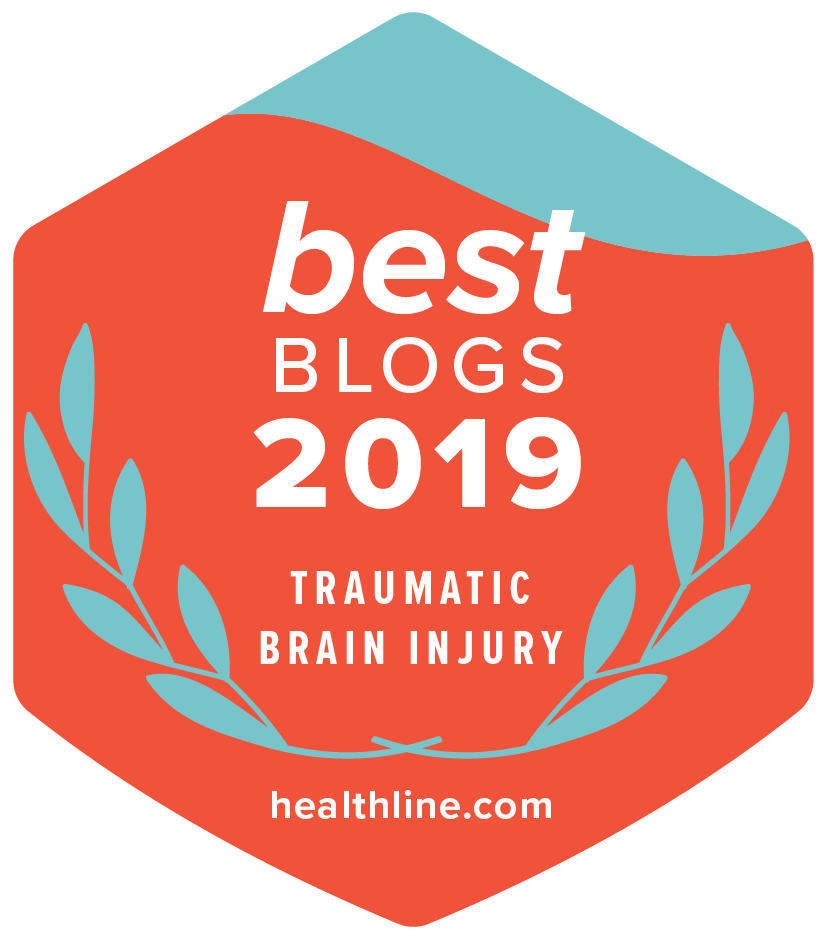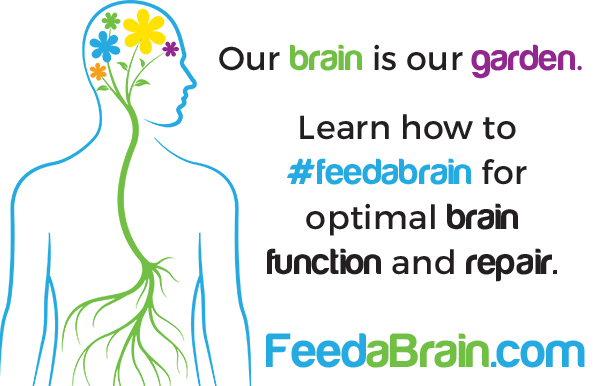In my previous posts, I shared my experience about how some have decided that they are more qualified about what my thoughts and feelings are than I am, how I have chosen to dismiss divisiveness during these very divisive times, and some of what I have learned concerning scientific exploitation and the profit driven medical system.
If you haven’t read those posts,
- you can read Part 1 here
- you can read Part 2 here
- and you can read Part 3 here.
After reading this one, be sure you can continue on to Part 5 here
In this post I’ll touch on education, nutrition, the media, and our neurology.
Let’s continue! These are some of my experiences, perspectives and the awareness I have gained through my experiences.
EDUCATION AND OUR NEUROLOGY
Relatively early in my recovery, I was steered towards a nutritional protocol. After implementing the dietary changes, I began to regain clarity. I used this regained clarity to study everything I could to give my brain the best shot to recover. After watching a TED talk that spoke about coursera.org, I began taking online nutrition and medical courses from universities like Johns Hopkins, the University of California, Duke University, and more.
At the same time, I was also lucky enough to have been exposed to functional nutrition and learned about human metabolism from biochemists and naturopathic doctors (who have just as much (if not more) training as a Medical Doctor or an Osteopath). In contrast to the functional nutrition and naturopathic lessons, the college curriculum I was taking from Johns Hopkins and U of C echoed the inaccurate government nutrition guidelines (Food Pyramid, My Plate, etc.) that I had been taught in grade school (and that are tax dollars are still supporting to be taught to our children). These guidelines are informed by the USDA, which, on their website, under the “What We Do,” header says:
“We have a vision to provide economic opportunity through innovation, helping rural America to thrive.”
Wait a minute… I thought we were teaching our children these guidelines for human health. No?
Well… the USDA’s official website was telling me this is not, and never has been, about human health. Instead, I was learning that this is all about “economic opportunity through innovation, helping rural America to thrive.”
Additionally, this is not about finding what has worked for human metabolism for tens of thousands of years. Instead, it is about finding “economic opportunity through innovation.” And innovation is defined as “the act of making changes in something established, especially by introducing new methods or ideas.”
Human metabolism is not innovative. Human health is not innovative.
”Modern man” is thought to have come about 350,000 years ago, and the metabolism and the way our organism responds to compounds has not changed too much in that timed. The brain and body needs the nutrients that it has been able to assimilate for tens of thousands of years, without the introduction of new (or novel) chemicals that it has never experienced in human existence.
I even took a course from U of C called “Nutrition for Health Promotion and Disease Prevention” that mirrored the USDA recommendations. But the USDA recommendations are not about health promotion and disease prevention, so this course was completely inaccurate. There seems to be a huge divide between what is being taught in the college curriculum and what the well done research actually shows. And this goes far beyond just nutrition. As shown in the statin drug example in my last post, this divide is evident in medicine as well.
So why was the college curriculum that I was learning from world class colleges teaching inaccurate information? As it turns out, government subsidized institutions must teach government approved curriculum. This is a huge conflict of interest, especially when the government is more interested in economic opportunity rather than human health.
It is interesting how some of my childhood friends and family who have been taught by institutions of higher education are quick to remind me that they are more qualified to speak about some of the topics that I share my experiential perspective on. I often disagree because I believe the qualifications come from experience and results, and credentials come from successful course completion.
While credentialed folks are often also qualified through experience, someone can be qualified through their experience without credentials. While I do admire the discipline, strength, and will that is necessary to obtain a degree from these institutions, it is important to realize that in these government subsidized institutions, students are learning the “approved curriculum.”
You can learn more about this by seeing some of the work of Professor John Taylor Gatto and/or Blake Boles. I do not have animosity about this… I am simply aware of it.
Education is rapidly changing, and the degree you hold seems to hold less and less importance while the knowledge you have, the way you perform, and the results you obtain is far more important. This is another reason for the upcoming summit that we are working on, and you will hear more in future posts and emails.
In the next email, we will talk about how we can design our own neurology from within.
Stay empowered and thank you again for your curiosity.
Continue on to Part 5 here.
If you are not subscribed, you can subscribe here to get more of my emails.
If you would like to follow the Telegram channel that I am a part of, you can join here: wokemed.org



Leave a Reply
Your email is safe with us.